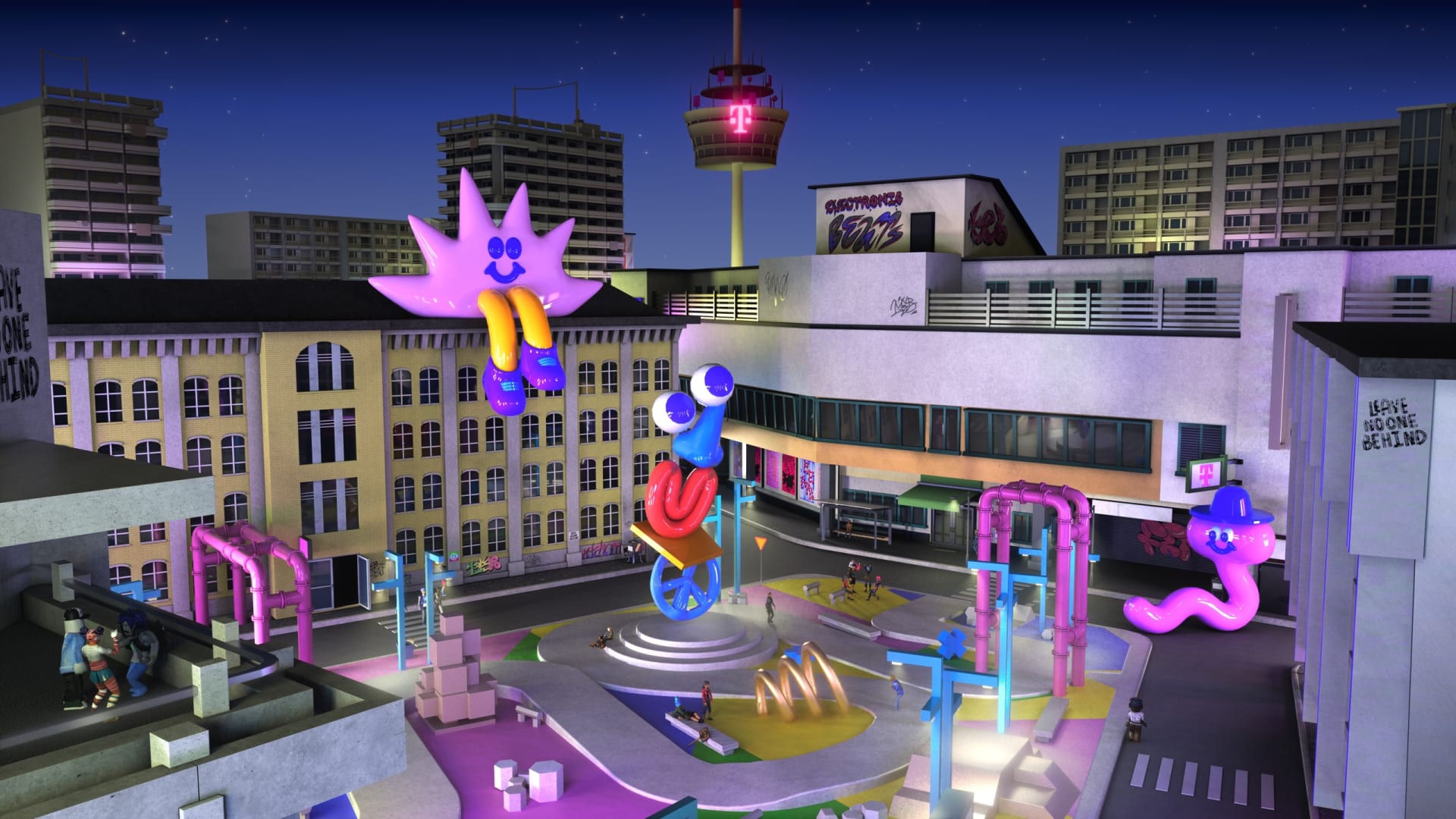
A Club Is not Enough
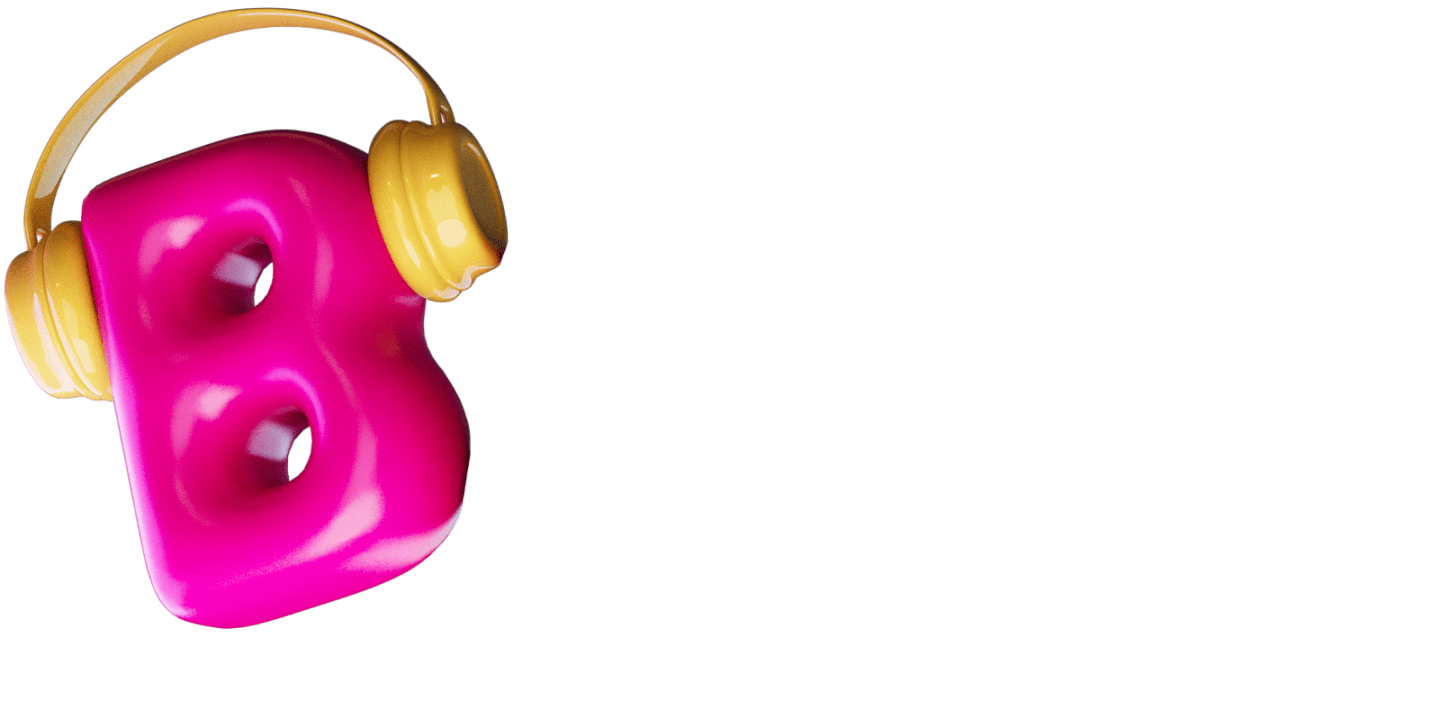
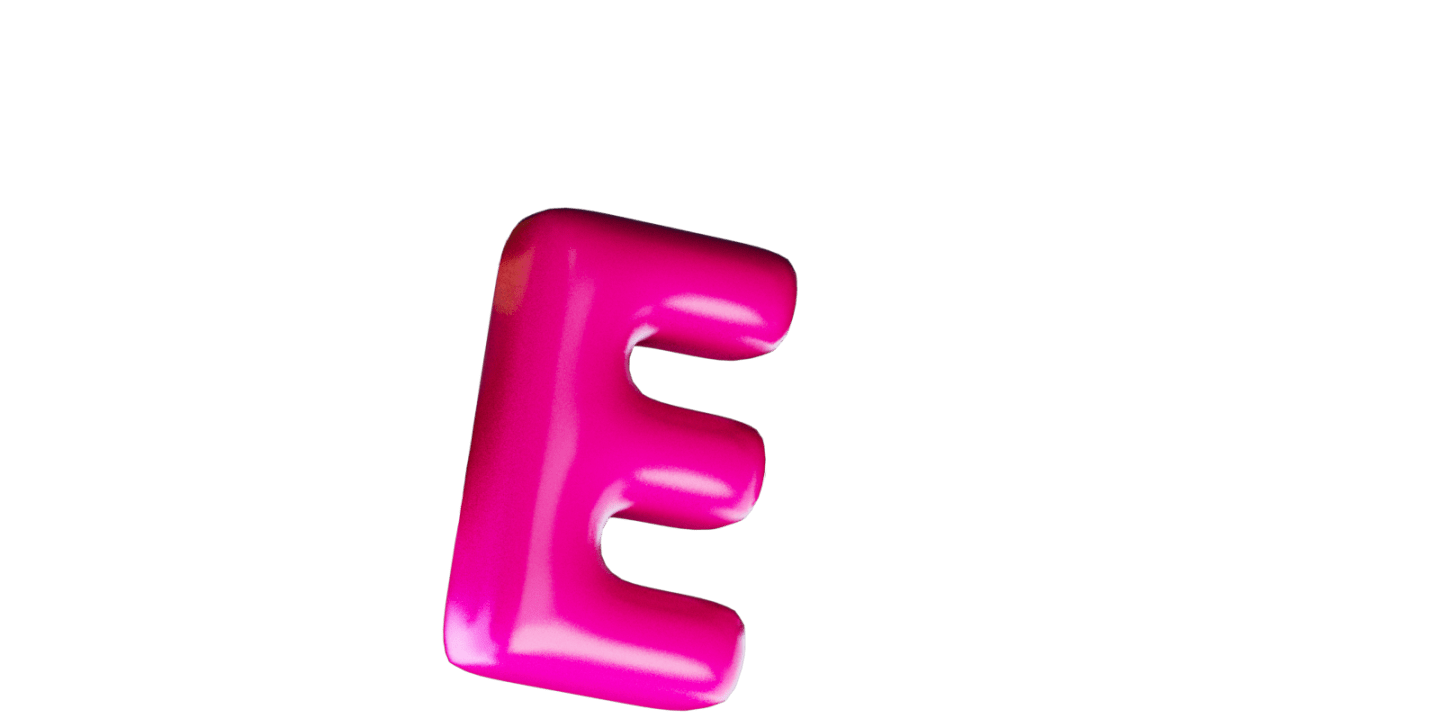

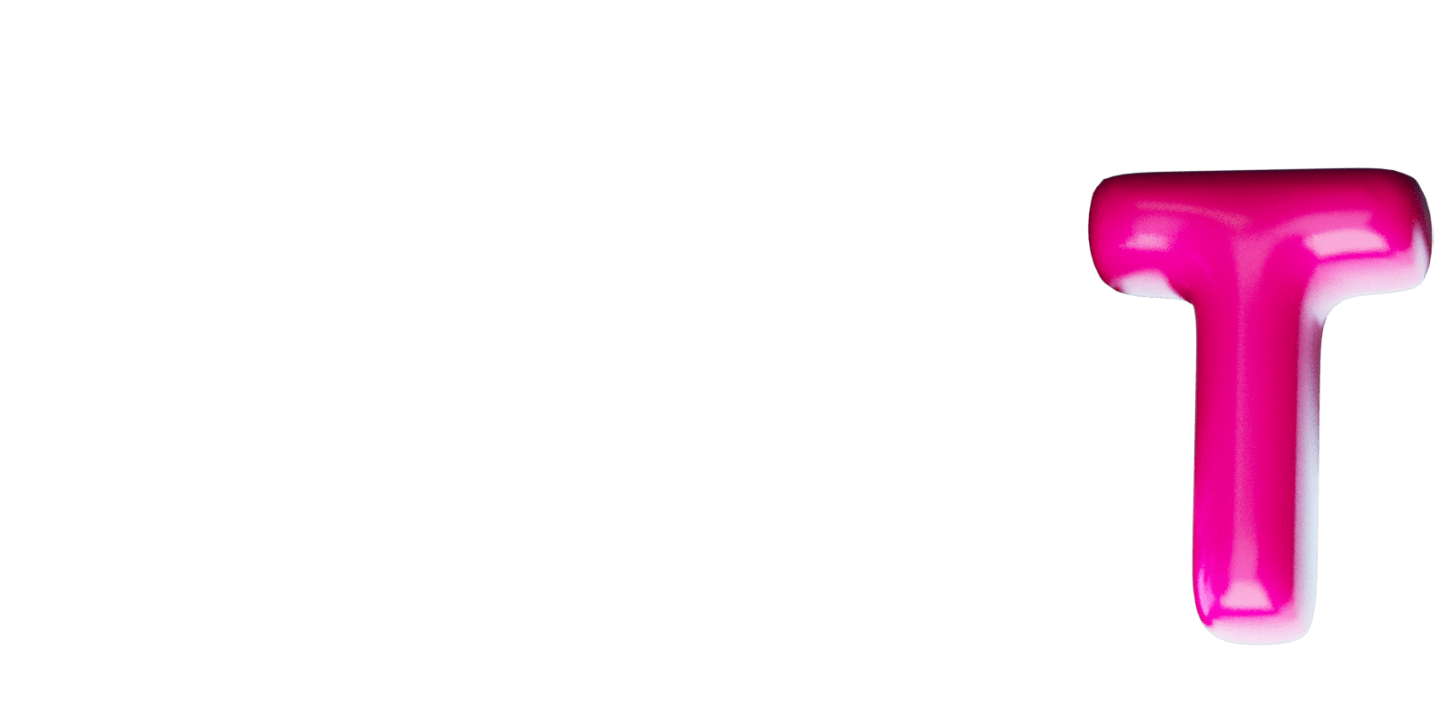
A club is not enough
We all remember spring 2020 far too well. Almost exactly two years ago, the world went into lockdown. From one day to the next, everyday life shifted from outside to inside – into your own four walls, which you only left to go shopping or for a short walk. Museums, galleries, clubs, everything was closed. Long. Very long. Artists reacted, some lightning fast, because they had been at home on the Internet for many years, making and sharing their art there. Suddenly, the whole world was talking about Animal Crossing and Fortnite, about online exhibitions and live streams.
In mid-August 2020, – I still remember that day very well because it was very hot in my apartment – I stood in a long queue in front of Berghain quite early in the evening. I chatted with people from all over the world who I hadn’t seen in a long time. We chatted excitedly, wondering if the bouncer would let us in. “Not tonight,” the bouncer kept saying. But someone came by very quickly and steered those who had been rejected to a club around the corner. On this hot August day, almost 4,000 digital visitors were out and about in the Worldwide Webb of British hacker and artist Thomas Webb, in his digital solo exhibition curated by Johann König and myself for the KÖNIG GALERIE. In this virtual world – in 2D, a pixel universe familiar from computer games in the 1990s – you could do everything that we all couldn’t do together for a long time: go to an exhibition in a gallery, dance in a club, be together informally.

Almost two years later, I am standing in front of the Kraftwerk in Berlin with a Golden Token Berlin in my crypto wallet to mint one of 1,000 CryptoBerliners. The world has changed rapidly, I think, although time seems to have stood still in the last two years because most of us have been at home and have lost all sense of time. Facebook is now called Meta, Mark Zuckerberg only talks about the Metaverse, musicians like Justin Bieber and Eminem buy monkey cartoons for millions, Beeple is the new winning artist, and discussions about the Metaverse, NFTs, and the future of art, music, and gaming, you can’t get around anymore.
I open the door, go to the cash register, and take out my smartphone to show my Golden Token Berlin, which is also my admission ticket. Immediately, an employee comes, greets me and leads me through a mixture of club and exhibition, a few floors up, to someone who looks like Andy Warhol in his wig. He wants to know which word spontaneously comes to mind. “Dog, I say.” And what number? 7, I say. Dog 7. He talks to me a little longer, then I continue to the control room, where drag queens await me and engage in conversation. Like in a computer game, I go through one station after the other and do small tasks.
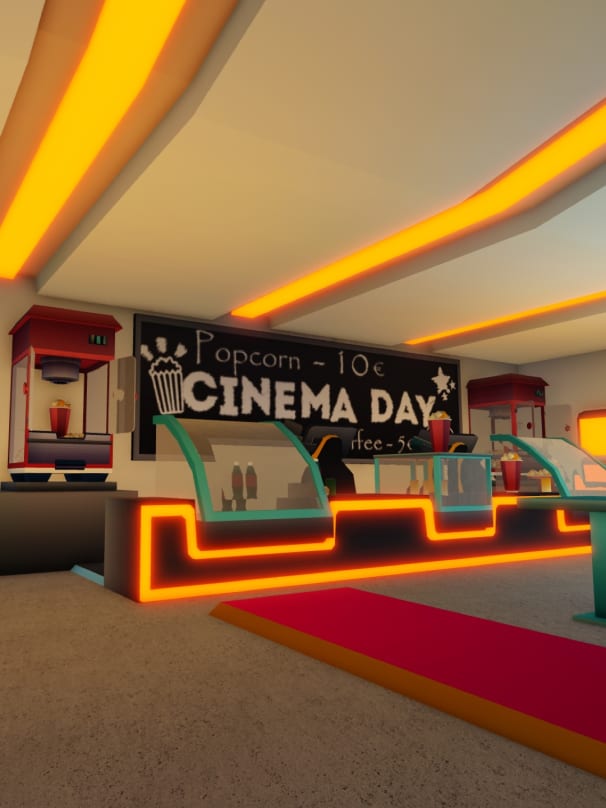
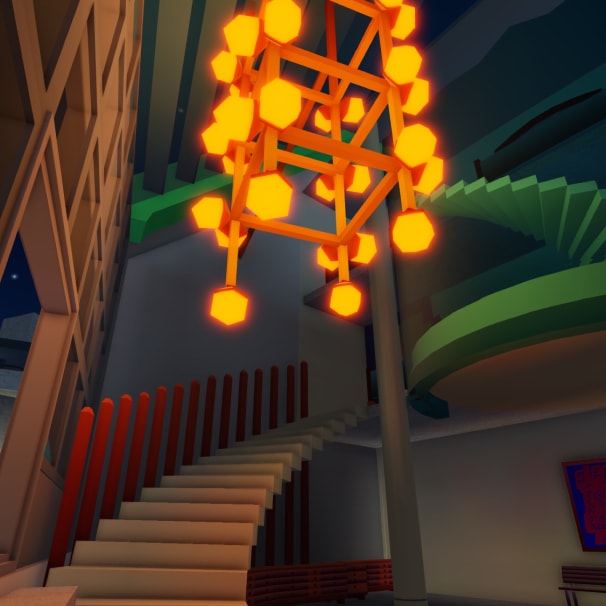
I’m finally sitting in front of a tablet, pressing a few buttons to mint my CryptoBerliner, which I’m allowed to look at for the first time a few minutes later in the Kraftwerk on a huge screen. A drag queen leads me into a cone of light, as if to the altar. She asks me on the way home if I’ve found happiness in love. I answer with a counter question. She is happily in love. I’m happy, and now I have to step into the cone of light while someone with a camera walks around me. My CryptoBerliner wears a red tracksuit, blue sunglasses, is standing in front of Berghain and has a cat with him. I’m happy again and spend the remainder of the evening marveling at all the energy expended to create more than an arts and club experience. The NFT Art Berlin by the Bright Moments collective at Kraftwerk is something between Cirque du Soleil and Berghain for a generation that came from the internet and would be bored in the real world if it didn’t offer as much as the virtual world: games, fun, excitement.
The Metaverse is a surprise egg: a walkable internet that becomes a game world in which to live, work, and go out, make money, and spend money. Bring all your stuff, Zuckerberg said in a recent interview. Alright Zuck! Companies like Nike and Adidas are making their way into the Metaverse, buying monkey cartoons or entire creative studios, selling NFTs and digital clothing to be prepared for the future. Telekom Electronic Beats goes along and launches Beatland on Roblox, one of the digital worlds that is already full of life. By the way, I haven’t been able to decide for a long time what my avatar should wear in Beatland. For a good 30 minutes, I try out hairstyles, shoes, and clothes. At home, it takes me a maximum of five minutes. Well, I don’t have as much choice.







Beatland looks like someone rebuilt Berlin on a playground. It was developed by Sweden’s The Gang, one of the leading Roblox creator studios, in collaboration with Berlin design studio Yukiko and animation artist Jack Sachs. There is a club, a record shop, and a Telekom shop. Even in Beatland, you don’t just go to the club. Of course not. You can take on jobs and take care of the drinks in the club or sort the records in the record store. If simple activities such as hanging up posters alone are not enough, you can team up with others and complete tasks together. Of course, there is also payment in the game: the virtual currency Beat Coins is used to further expand Beatland. And just like in a real club, there is a DJ and music. Boris Brejcha DJs as an avatar, but otherwise he regularly plays live DJ sets all over Europe, the USA and South America.
Strolling through Beatland with my avatar, I wonder if the next time I go to a club, I expect to be able to help at the bar and put up the posters. And how it actually goes on when virtual and real experiences converge and overlap, gamification moves into the real club and everyday work into the virtual world. In any case, in both worlds, what we have known so far does not seem to be enough.
Published April 25, 2022. Words by Anika Meier.
